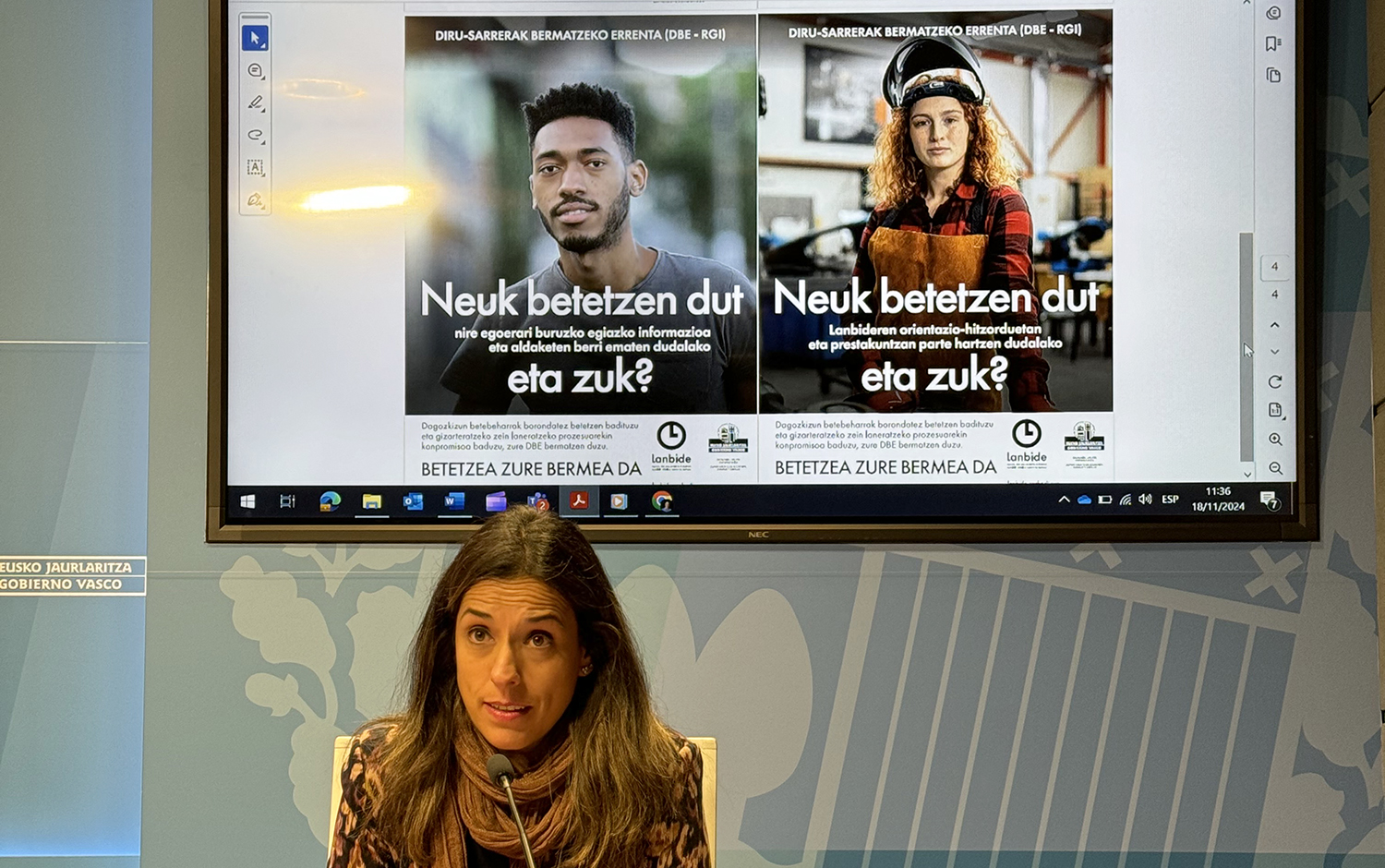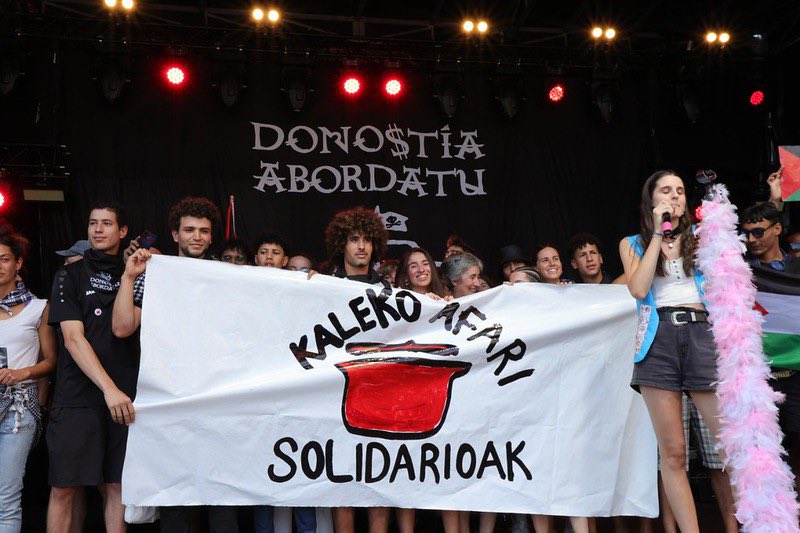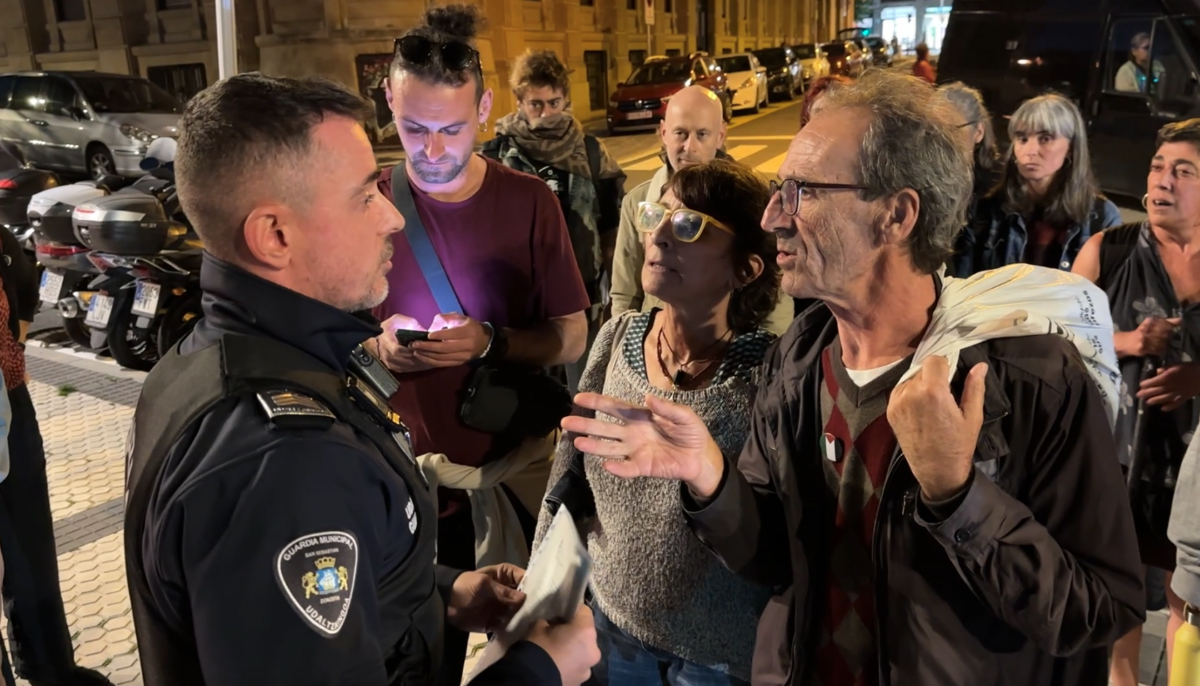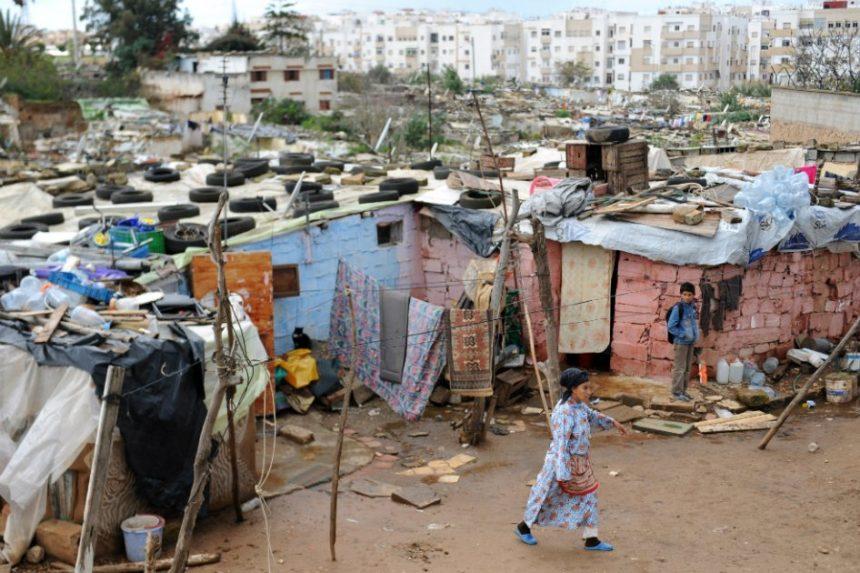The Black Trail of the Pandemic in Poor Countries
- The Basque NGOs recall that the unfair distribution of vaccines, the restriction of the right to education of thousands of children, the increase in precariousness or the violation of human rights on the pretext of the pandemic are leaving serious consequences for vulnerable countries.

The pandemic is being a factor of poverty and exclusion, and the lives of many people, formerly very fragile, have become even more serious, in countries such as Africa, Asia and Central and South America. The Basque Non-Governmental Development Organization Coordinator has drawn this conclusion from the assessment of a year of pandemic in the report The impact of the one-year pandemic on vulnerable countries in which Basque cooperation is working.
NGOs warn that this emergency puts at risk the progress made over decades in the fight against poverty and exclusion and human rights.
The unfair distribution of vaccines has been one of the points on the table. “Enriched countries accumulate doses to ensure their future supply and are not guaranteed for other countries. To end the pandemic, we cannot vaccinate just some people from some countries.”
They have also recalled that the confinement, cutbacks and lack of local trade fairs for the sale of agricultural products has affected the family and informal economies of many households, and that the pandemic has limited the right to education for thousands of children: “In many countries, closing schools increases exclusion and makes children work.”
They have stressed the increase in gender inequalities and male violence, and the precariousness of the situation of women, “because of the confinement and the loss of jobs that women usually do”.
NGOs have also focused on countries in conflict, where the situation has worsened by the pandemic, such as Gaza or Syria. “In some places, the health emergency is being used as an excuse to seize natural resources, to reduce freedoms and rights and to persecute human rights defenders.”
They say that thanks to the work of the NGOs, all these situations are “buried in some way”. Food, water and the most needed items have been distributed in the countries in which they work, as well as medical supplies, equipment, medicines and treatments in hospitals and health centres, among others, and work has been done to provide technical means to prevent the abandonment of education for many children.
Specific requests to the Administration
NGOs urge the institutions to shield their cooperation policies to strengthen their work. They have also made concrete proposals such as strengthening and investing in public services, ensuring free access for all citizens to the vaccine, medicines and treatments against COVID-19, promoting the assessment of care, supporting people who have lost their jobs, prioritizing social justice and ecological transition in economic recovery, guaranteeing the freedoms and rights of all people and ensuring the incorporation of the gender perspective in all public policies.
Gasteizko Errotako (Koroatze) auzoan izan diren manifestazio "anonimoek" kolokan jarri dute auzokoen arteko elkarbizitza. Azalera atera dituzte ere hauetan parte hartu duten partidu politiko batzuen eta beste kide batzuen izaera faxista eta arrazista.
In this frenetic and vertiginous world in which we live, the social changes that take place little by little seem to us to be sometimes imperceptible, irrelevant or insignificant. That is not the case, however, and we have to be aware of it in order to act wisely. An example of... [+]








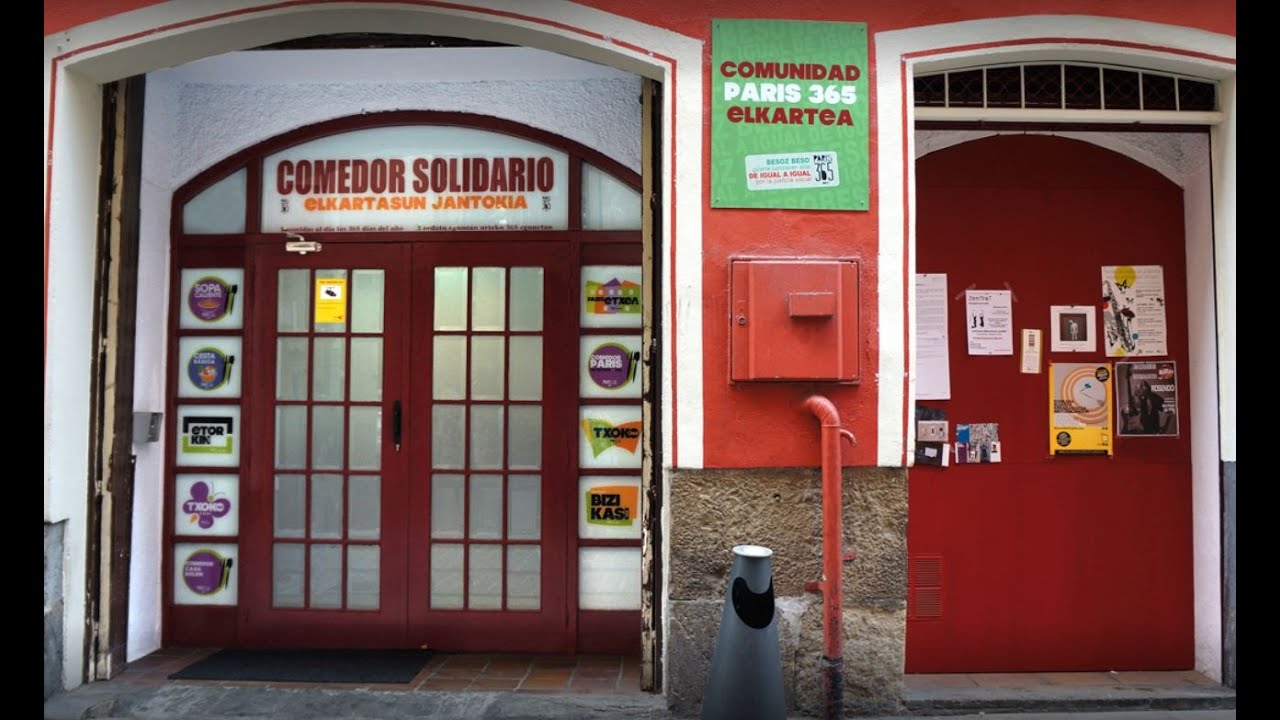

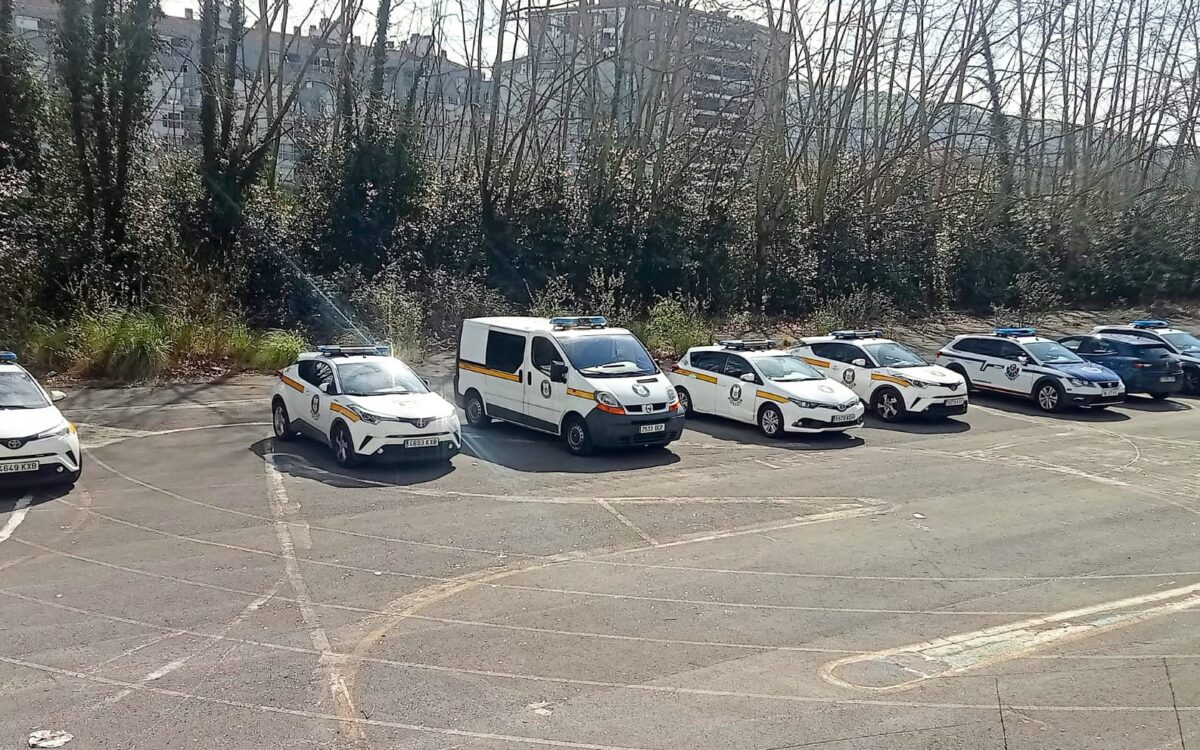

.jpeg)
